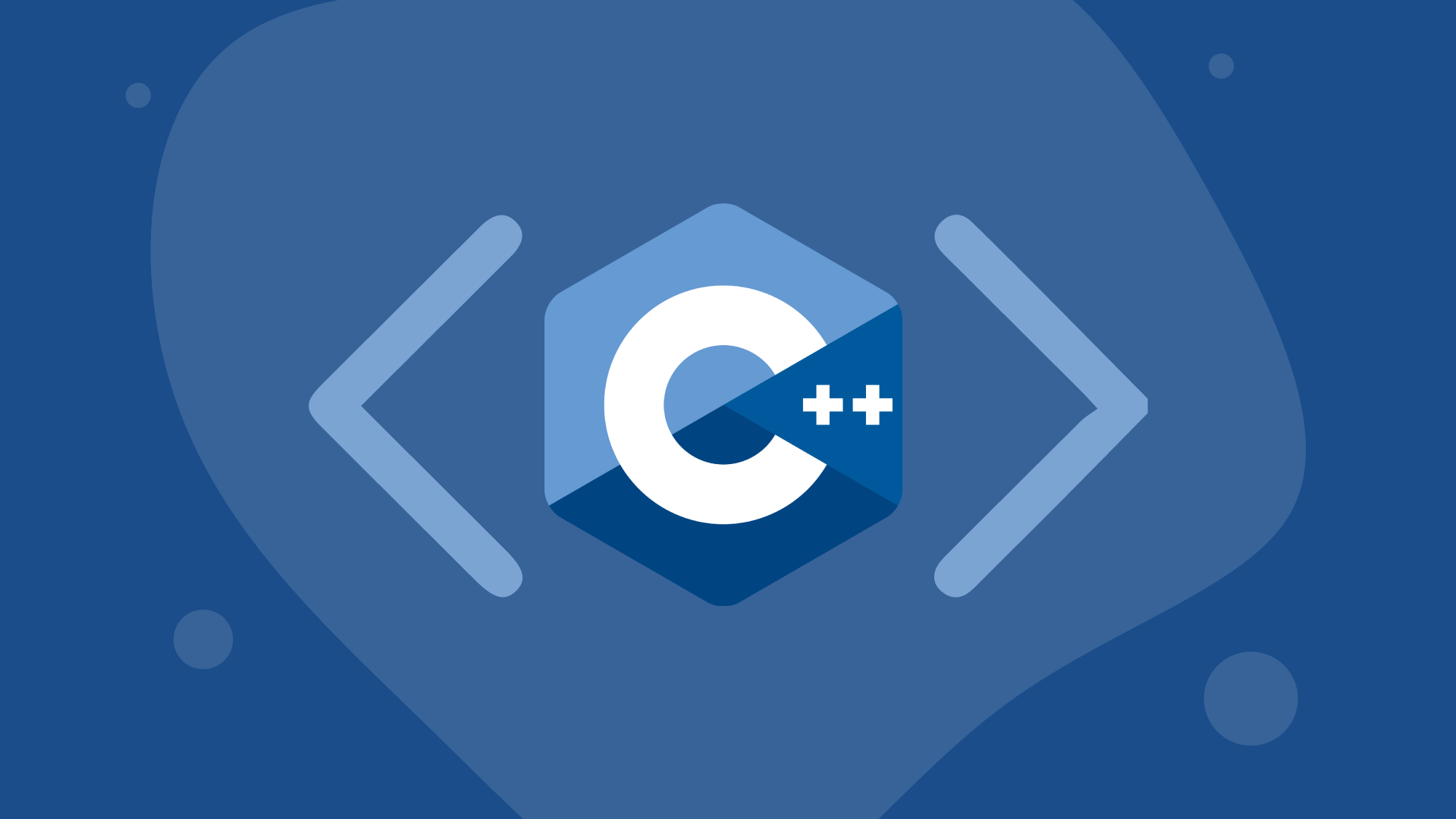
보통 DeadLock은 어떤상황에 나타날까?
----<A>---- ----<B>----
| | | |
| Locked | ----- Lock -----> | Locked |
| | <---- Lock ------ | |
----------- -----------
A와 B 두개의 Thread가 있을때 각각을 Lock 잡은 이후 서로 상대방의 Lock을 기다릴때 Deadlock이 발생한다.
이 Deadlock을 graph적으로 표현하면 위 그림처럼 서로를 가리키는 모습이된다.
그럼 이런 사이클(서로를 가리키는)모양의 그래프가 발생하지 않으면 되겠군?
목표 : 각 Thread를 graph화 하고, 사이클모양의 그래프가 발견될시 Crash를 발생해보자.
#pragma once
#include <stack>
#include <map>
#include <vector>
/*--------------------
DeadLockProfiler
---------------------*/
class DeadLockProfiler
{
public:
void PushLock(const char* name);
void PopLock(const char* name);
void CheckCycle();
private:
void Dfs(int32 index);
private:
unordered_map<const char*, int32> _nameToId;
unordered_map<int32, const char*> _idToName;
stack<int32> _lockStack;
map<int32, set<int32>> _lockHistory;
Mutex _lock;
private:
vector<int32> _discoveredOrder; // 노드가 발견된 순서를 기록하는 배열
int32 _discoveredCount = 0; // 노드가 발견된 순서
vector<bool> _finished; // Dfs(i)가 종료 되었는지 여부
vector<int32> _parent;
};
#include "pch.h"
#include "DeadLockProfiler.h"
/*--------------------
DeadLockProfiler
---------------------*/
/*
* 문제 상황은 이거다
A B
| |
| <-----Lock-----> |
| |
* A, B 두개의 스레드가 서로 락을 잡고 상대방 락이 풀리길 기다리다 데드락 발생
* PushLock을 하면서 서로가 락을 잡고 기다리는(사이클) 현상이 발생하는지 확인하자
*/
void DeadLockProfiler::PushLock(const char* name)
{
LockGuard guard(_lock);
// 아이디를 찾거나 발급한다.
int32 lockId = 0;
// 현재 잡혀있는 락인지 우선 확인하고
auto findIt = _nameToId.find(name);
if (findIt == _nameToId.end())
{
// 없는 락이라면 id를 생성
// lockId로 _nameToId의 size를 넣음을 확인 (0 부터 시작해서 추가됨)
lockId = static_cast<int32>(_nameToId.size());
_nameToId[name] = lockId;
_idToName[lockId] = name;
}
else
{
// 있는 락이라면 id를 넣는다
lockId = findIt->second;
}
// 잡고 있는 락이 있었다면
if (_lockStack.empty() == false)
{
/*
일단 여기 들어온 이상, 다른 스레드에서
lock 잡고 있는 상태에서
내가 lock잡으려고 시도한 케이스
*/
// 기존에 발견되지 않은 케이스라면 데드락 여부 다시 확인한다.
const int32 prevId = _lockStack.top();
if (lockId != prevId) // 내 스레드가 아니라면 데드락 확인
{
// 다른 쓰레드가 락을 잡고있네?
set<int32>& history = _lockHistory[prevId];
if (history.find(lockId) == history.end())
{
// prevId가 lockId에 lock에 걸릴수 있음을 의미
/*
* 그래프로 표현하자면
[A] -> [B]
[B] -> [A]을 확인하면 된다.
*/
// lockId(현재 thread)가 history를 기다리고 있음을 의미
history.insert(lockId);
CheckCycle();
}
}
}
// 현재 잡은락의 id를 stack에 쌓는다
_lockStack.push(lockId);
}
void DeadLockProfiler::PopLock(const char* name)
{
LockGuard guard(_lock);
if (_lockStack.empty())
CRASH("MULTIPLE_UNLOCK");
int32 lockId = _nameToId[name];
if (_lockStack.top() != lockId)
CRASH("INVALID_UNLOCK");
_lockStack.pop();
}
void DeadLockProfiler::CheckCycle()
{
const int32 lockCount = static_cast<int32>(_nameToId.size()); // 현재 몇개의 스레드가 락을 잡고있는가
_discoveredOrder = vector<int32>(lockCount, -1); // 락 잡힌 갯수만큼 -1로 초기화
_discoveredCount = 0;
_finished = vector<bool>(lockCount, false);
_parent = vector<int32>(lockCount, -1);
for (int32 lockId = 0; lockId < lockCount; lockId++)
Dfs(lockId);
// 연산이 끝났으면 정리한다.
_discoveredOrder.clear();
_finished.clear();
_parent.clear();
}
void DeadLockProfiler::Dfs(int32 here)
{
// 현재 지점이 발견이 된 상태
if (_discoveredOrder[here] != -1)
return;
_discoveredOrder[here] = _discoveredCount++;
// 모든 인접한 정점을 순회한다.
auto findIt = _lockHistory.find(here);
if (findIt == _lockHistory.end())
{
// 다른 정점을 잡고있는 애가 없음.
_finished[here] = true;
return;
}
set<int32>& nextSet = findIt->second;
for (int32 there : nextSet)
{
// 아직 방문한 적이 없다면 방문한다.
if (_discoveredOrder[there] == -1)
{
_parent[there] = here;
Dfs(there);
continue;
}
// here가 there보다 먼저 발견되었다면, there는 here의 후손이다. (순방향 간선)
if (_discoveredOrder[here] < _discoveredOrder[there])
continue;
// 순방향이 아니고, Dfs(there)가 아직 종료하지 않았다면, there는 here의 선조이다. (역방향 간선)
if (_finished[there] == false)
{
printf("%s -> %s\n", _idToName[here], _idToName[there]);
int32 now = here;
while (true)
{
printf("%s -> %s\n", _idToName[_parent[now]], _idToName[now]);
now = _parent[now];
if (now == there)
break;
}
CRASH("DEADLOCK_DETECTED");
}
}
_finished[here] = true;
}
사용은 이렇게 …
#include "pch.h"
#include "Lock.h"
#include "CoreTLS.h"
#include "DeadLockProfiler.h"
void Lock::WriteLock(const char* name)
{
// 디버그모드에서 락프로파일러가 설치된다.
#if _DEBUG
GDeadLockProfiler->PushLock(name);
#endif
// 동일한 쓰레드가 소유하고 있다면 무조건 성공.
const uint32 lockThreadId = (_lockFlag.load() & WRITE_THREAD_MASK) >> 16;
if (LThreadId == lockThreadId)
{
_writeCount++;
return;
}
// 아무도 소유 및 공유하고 있지 않을 때, 경합해서 소유권을 얻는다.
const int64 beginTick = ::GetTickCount64();
const uint32 desired = ((LThreadId << 16) & WRITE_THREAD_MASK);
while (true)
{
for (uint32 spinCount = 0; spinCount < MAX_SPIN_COUNT; spinCount++)
{
uint32 expected = EMPTY_FLAG;
if (_lockFlag.compare_exchange_strong(OUT expected, desired))
{
_writeCount++;
return;
}
}
if (::GetTickCount64() - beginTick >= ACQUIRE_TIMEOUT_TICK)
CRASH("LOCK_TIMEOUT");
this_thread::yield();
}
}
void Lock::WriteUnlock(const char* name)
{
#if _DEBUG
GDeadLockProfiler->PopLock(name);
#endif
// ReadLock 다 풀기 전에는 WriteUnlock 불가능.
if ((_lockFlag.load() & READ_COUNT_MASK) != 0)
CRASH("INVALID_UNLOCK_ORDER");
const int32 lockCount = --_writeCount;
if (lockCount == 0)
_lockFlag.store(EMPTY_FLAG);
}
void Lock::ReadLock(const char* name)
{
#if _DEBUG
GDeadLockProfiler->PushLock(name);
#endif
// 동일한 쓰레드가 소유하고 있다면 무조건 성공.
const uint32 lockThreadId = (_lockFlag.load() & WRITE_THREAD_MASK) >> 16;
if (LThreadId == lockThreadId)
{
_lockFlag.fetch_add(1);
return;
}
// 아무도 소유하고 있지 않을 때 경합해서 공유 카운트를 올린다.
const int64 beginTick = ::GetTickCount64();
while (true)
{
for (uint32 spinCount = 0; spinCount < MAX_SPIN_COUNT; spinCount++)
{
uint32 expected = (_lockFlag.load() & READ_COUNT_MASK);
if (_lockFlag.compare_exchange_strong(OUT expected, expected + 1))
return;
}
if (::GetTickCount64() - beginTick >= ACQUIRE_TIMEOUT_TICK)
CRASH("LOCK_TIMEOUT");
this_thread::yield();
}
}
void Lock::ReadUnlock(const char* name)
{
#if _DEBUG
GDeadLockProfiler->PopLock(name);
#endif
if ((_lockFlag.fetch_sub(1) & READ_COUNT_MASK) == 0)
CRASH("MULTIPLE_UNLOCK");
}